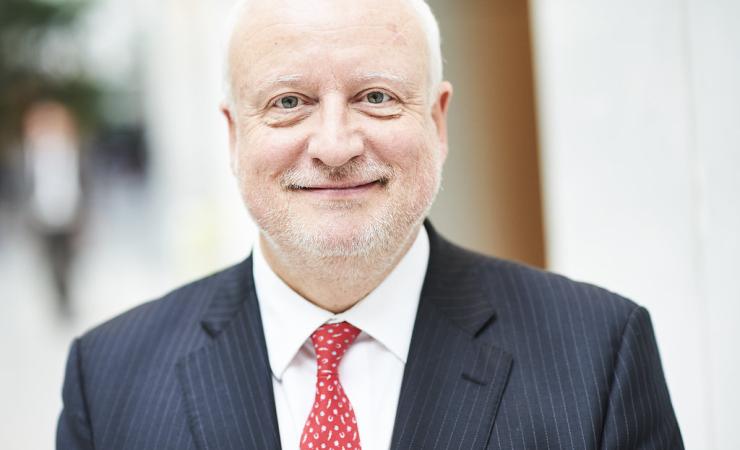An opinion piece by Pierre Meulien
It became clear in the 1990s that there was a problem in translating the research results being generated in our excellent universities and research-intensive teaching hospitals into use in health systems. There was not one single reason for this, but rather many complex factors, including productive links with industry, regulatory acceptance, economic factors, siloed thinking, and more.
The first iteration of the Innovative Medicines Initiative (IMI, launched in 2008) allowed the creation of a neutral platform where normally competing industry players could come together and work with academia to solve common problems that were deemed as pre-competitive. It very quickly became obvious that there were a number of big topics that were in the sweet spot for such a public-private partnership (PPP), and some of these were developed further in the IMI2 programme, which started in 2014.
Examples included clear market failures like antimicrobial resistance (AMR); industry-wide issues with a high public health impact like drug safety; scientifically challenging areas like dementia and type 2 diabetes, where duplication of upstream research efforts is not cost efficient; the creation of technology platforms in the high throughput space or the digital health space that could be used by all; and filling important gaps in European infrastructure that would give the EU a competitive advantage in clinical research, e.g. clinical trial networks in a variety of areas.
Following the construction over 14 years of 182 large-scale projects with a total budget of over €4.8 billion from public and private sources, a whole ecosystem for European research and innovation (R&I) has been created. Those involved in successful IMI projects have changed their way of working for good - irrespective of where they come from. In these projects, not only do we assemble the very best in EU researchers, clinician scientists and industrialists, but we integrate those who need to be at the table from the outset, including regulatory bodies, patients and their advocates, health economists, and those delivering and paying for healthcare.
The value of these consortia to our health R&I ecosystem can be measured in many different ways, from research publications (over 7 000 peer reviewed papers have been published with impressive quality metrics), through the creation of many standards that are now used across the EU, to impacts on regulatory policies that have come directly from evidence provided by IMI projects.
What is more difficult to measure is the behaviour and culture change that has infiltrated every aspect of the complex R&I process. Everyone has had to change and adapt to understand the perspectives upstream and downstream, and this end-to-end integration of thinking accelerates drug research and development and drives the more efficient use of resources, avoiding blind alleys, and taking on board patient perspectives from the outset.
We have of course learned a lot from the 14 years of IMI, and these learnings have informed the design of the new Innovative Health Initiative (IHI). Thanks to this design change, the €2.4 billion IHI programme will be able to build new partnerships tackling challenges right across the spectrum of healthcare, from prevention, early detection, disease interception, treatment and care. A more holistic approach needs to be brought to bear if we are to create inclusive systems, accessible to all and ensuring the best quality of healthcare for all of society. To contribute to that goal, IHI assembles all sectors in the healthcare industry (pharmaceutical, diagnostic, medtech, imaging, digital, etc.) and is open to new ideas from anywhere in the ecosystem.
On a personal note, being Executive Director of IMI and now IHI for the past 7 years has been a hugely rewarding experience. Seeing first-hand the difference our projects are making in so many ways has been a constant source of inspiration for me. As I embark on my final days in the organisation, I would like to pay tribute to the staff at IHI and in the IMI and IHI member organisations, who work tirelessly to make this partnership a success. I am immensely proud of how they and our governance bodies have managed the often-challenging transition to IHI. Looking to the future, I am confident that IHI will continue to grow and impact the future of health research, innovation and care.
